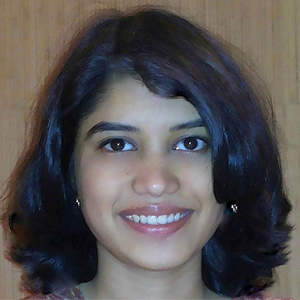Burke expands frontiers and maintains balance in RNA research
James Burke is an advocate for healthy work–life balance, and with good reason. Unlike most of his peers, Burke became a father while he was in grad school. Thanks to a progressive mentor and a supportive work environment, he was able to balance his doctoral research and family commitments effectively.
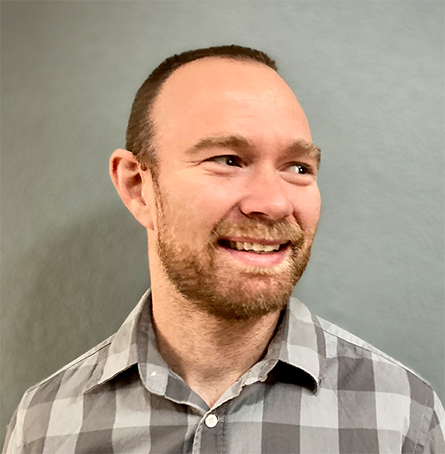
"Many people have asked me how I survived grad school while bringing up two children," he said. "In fact, the opposite holds true for me: I don't know how I would have survived grad school without them. They really motivated me to be more productive and efficient in my research."
Burke developed his interest in molecular biology as an undergraduate at the University of North Texas. He particularly enjoyed his research on symbiotic nitrogen fixation in Rebecca Dickstein's laboratory, and that motivated him to pursue doctoral studies at the University of Texas, Austin. There he discovered his research passion: RNA biology.
"I joined Christopher Sullivan's lab and began researching microRNAs encoded by viruses," Burke said. "I became extremely fascinated by how RNA is regulated during the innate immune response to viral infection."
Burke's doctoral research led to what he described as "exciting and unexpected findings" in RNA biology. Eager to probe more into unanswered questions, particularly in RNA metabolism, he joined Roy Parker's lab for his postdoc in 2017.
"The University of Colorado, Boulder has some of the best researchers and facilities for basic RNA biology research," he said. "I can't talk enough about great collaborations I have been a part of."
Burke aspires to an academic research position and is enthusiastic about exploring the uncharted frontiers of RNA biology during the mammalian antiviral response.
He is also an avid guitar player. And after spending most of his life in his native Texas, he now loves living in Colorado. He and his family enjoy mountain biking, hiking and rock climbing in the wondrous Colorado outdoors.
With his experience of juggling Ph.D. research and parenthood, Burke believes more mentors should promote a healthy work–life balance for their trainees.
"My undergraduate advisor once told me 'Don't put off life for science. Just live life and do science,'" he said. "These simple words have been and will always be my guiding philosophy."
Newfound granules might play a role in RNA turnover
Stress granules are aggregates of proteins and RNAs that form during cellular stress or innate immune system activation.
While studying how innate factors could modulate stress granule formation, James Burke noticed several previously unreported granules within cells. He and his colleagues in Roy Parker's lab at the University of Colorado, Boulder, wrote in a paper in the Journal of Biological Chemistry about finding that these granules, termed RNase L–dependent bodies, or RLBs, are distinct from conventional stress granules in terms on their synthesis, composition and interactions.
These RLBs interact extensively with complexes that are responsible for RNA formation and decay. In upcoming experiments, the researchers will address whether the RLB association makes the RNA turnover process more efficient or has differential effects on RNAs. Burke and his colleagues also hope to learn how viral infections might alter the formation and role of the RLBs.
Enjoy reading ASBMB Today?
Become a member to receive the print edition four times a year and the digital edition monthly.
Learn moreGet the latest from ASBMB Today
Enter your email address, and we’ll send you a weekly email with recent articles, interviews and more.
Latest in People
People highlights or most popular articles
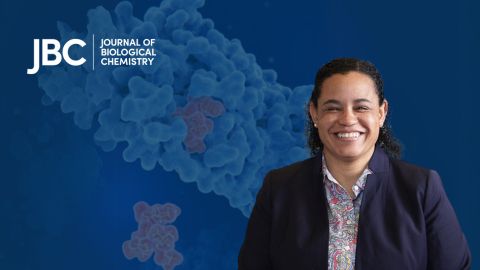
Meet Donita Brady
Donita Brady is an associate professor of cancer biology and an associate editor of the Journal of Biological Chemistry, who studies metalloallostery in cancer.
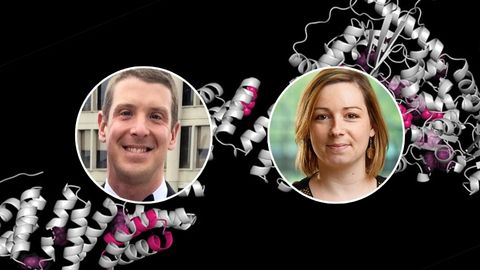
Glyco get-together exploring health and disease
Meet the co-chairs of the 2025 ASBMB meeting on O-GlcNAcylation to be held July 10–13, 2025, in Durham, North Carolina. Learn about the latest in the field and meet families affected by diseases associated with this pathway.
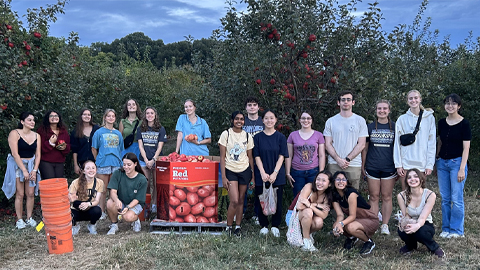
ASBMB recognizes 2025 outstanding student chapter
The Purdue group, led by Orla Hart, developed STEM outreach initiatives for low-income and minority students in Lafayette, Indiana.
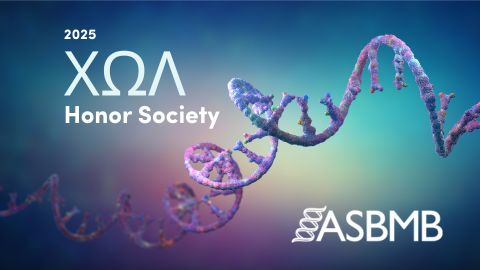
ASBMB inducts 2025 honor society members
Chi Omega Lambda, which recognizes exceptional juniors and seniors pursuing degrees in the molecular life sciences, has 16 new inductees in 2025.
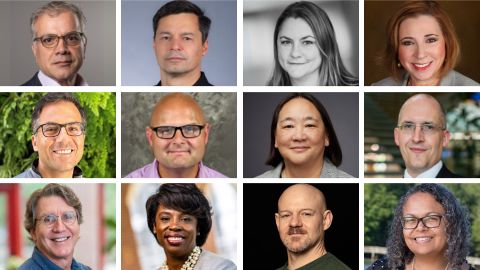
2025 voter guide
Learn about the candidates running for ASBMB President, Secretary, Councilor, Nominating Committee and Publications Committee.
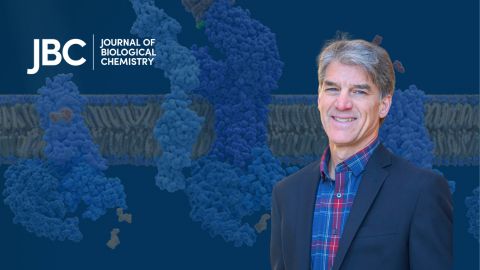
Meet Paul Shapiro
Learn how the JBC associate editor went from milking cows on a dairy farm to analyzing kinases in the lab.

